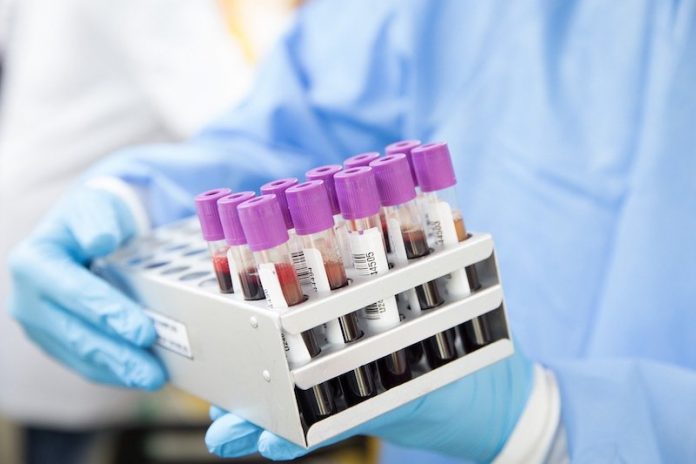
In a new study from Karolinska Institute, researchers found testing how well “good” cholesterol particles reduce inflammation may help predict who is at a higher risk to develop heart disease caused by narrowed arteries.
Assessing levels of high-density lipoprotein (HDL) cholesterol, known as “good cholesterol,” is already a standard part of formulas used to predict heart disease risk.
A new test of the anti-inflammatory function of HDL seems to provide additional information that is independent of the quantity of HDL.
In the study, the team tested 680 adults (average age of 59, 70% male) living in the Netherlands.
HDL particles were analyzed in 340 people who experienced a first fatal or non-fatal heart attack, were diagnosed with heart problems caused by narrowed heart arteries (ischemic heart disease) or who required a procedure to open clogged coronary arteries during the 10-year follow-up period.
These participants were matched to a control group of 340 people of the same age who had no heart events during follow-up.
The team found HDL anti-inflammatory capacity was much higher in people who remained healthy (31.6%) than in those who experienced a heart event (27%).
For every 22% increase in the ability of HDL particles to suppress inflammation, participants were 23% less likely to have a heart event during the next decade.
The amount of protection from increased HDL anti-inflammatory capacity was higher in women than in men.
These results provide strong support for the concept that plaque buildup in the arteries has an inflammatory component.
Although the results raise intriguing possibilities for improved screening, the results must be confirmed in different population groups.
In addition, a simpler and hopefully automated test for anti-inflammatory capacity should be developed first.
If you care about inflammation, please read studies about new way to stop inflammation, and what you need to know about heart inflammation.
For more information about health, please see recent studies about hormone that may help reduce irregular heartbeat, inflammation, and results showing that common diabetes drug can help treat COVID-19 lung inflammation.
The study is published in Circulation. One author of the study is Uwe J.F. Tietge, M.D., Ph.D.
Copyright © 2021 Knowridge Science Report. All rights reserved.



